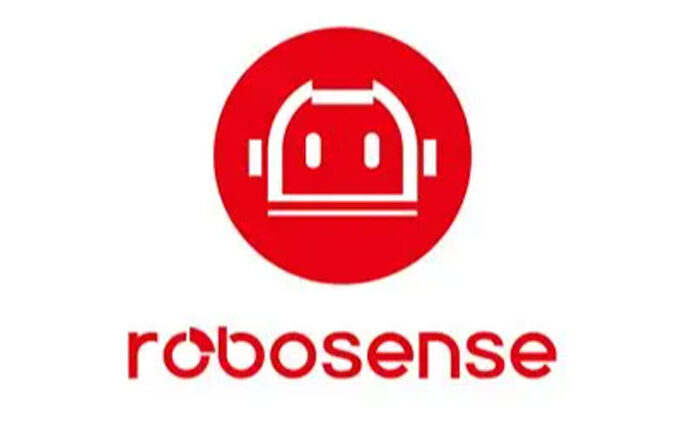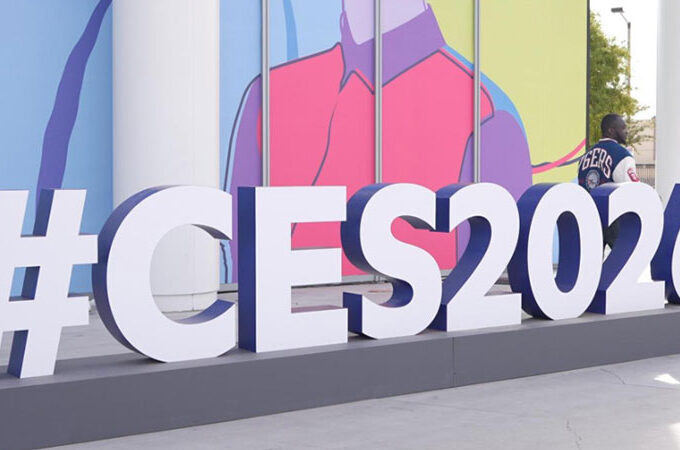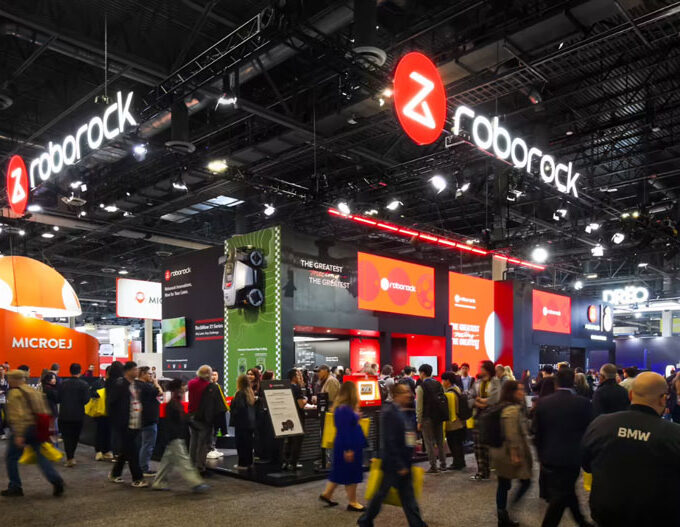On November 3, 2025, Yuejiang Robotics officially unveiled the world’s first home intelligent agent robot, Rover X1. This landmark product successfully transplants embodied agent technology—previously applied primarily in industrial settings—into household scenarios, breaking the industry predicament of single-function consumer robots and evolving smart devices from “performance tools” into genuine “practical intelligent agents.”
The core competitiveness of this product stems from three major technological innovations, laying a solid foundation for home scenario applications. It is equipped with an industry-first dual-vision tracking system, which constructs a 3D spatial perception network through a front wide-angle camera and a bottom lidar. With an obstacle recognition accuracy of 98.7%, it can capture environmental data in real time and make independent decisions, with a path planning response speed three times faster than traditional solutions, ensuring flexible movement in complex home environments. The all-terrain wheel-leg hybrid structure combines the mobility efficiency of wheels with the adaptability of leg structures; the front wheels feature independent suspension, while the rear legs adopt a retractable support design. This allows the robot to easily navigate various scenarios such as smooth floors, outdoor lawns, and small slopes, achieving a maximum longitudinal climbing angle of 30° and a lateral angle of 25°, as well as in-place rotation for flexible turning in narrow spaces. The self-developed open platform provides strong expandability, supporting both graphical and Python coding modes, and opening up more than 50 basic functional interfaces to underpin multi-scenario adaptation.

Based on these core technologies, Rover X1 achieves “one machine for multiple uses” across diverse scenarios, deeply integrating into daily family life. In outdoor settings, it can hold cameras or gimbals to achieve precise intelligent following and autonomous obstacle avoidance, while its stable load-bearing capacity enables it to carry water, food, and equipment needed for hiking and camping, serving as a practical outdoor assistant. For home security, it boasts panoramic perception and autonomous mobility capabilities, capable of performing night patrols and unfamiliar area detection, transmitting real-time images to users’ terminals and acting as an all-weather “family guardian.” In programming education scenarios, teenagers can cultivate logical thinking and innovative abilities implicitly by designing robot movements and completing scenario-based tasks. In terms of emotional companionship, it is equipped with an LED expression matrix that can display over 200 dynamic patterns, responding to needs through voice interaction and autonomous following, while also handling daily tasks such as schoolbag escort and clothing delivery, becoming a warm companion for the whole family.
Prior to this, Yuejiang had signed a global strategic cooperation agreement with Inspur. The two parties will jointly promote the large-scale implementation and global layout of embodied intelligence technology in multiple fields including industrial manufacturing, commercial services, and scientific research and education. As a highlight of the latest robotic news, the launch of Rover X1 marks the official landing of embodied intelligence in home scenarios, redefining the core value of consumer robots—not obsessing over “resembling” biological forms, but focusing on “usefulness” that exceeds user expectations, and providing a new model for the penetration of the robot industry into daily life scenarios.












